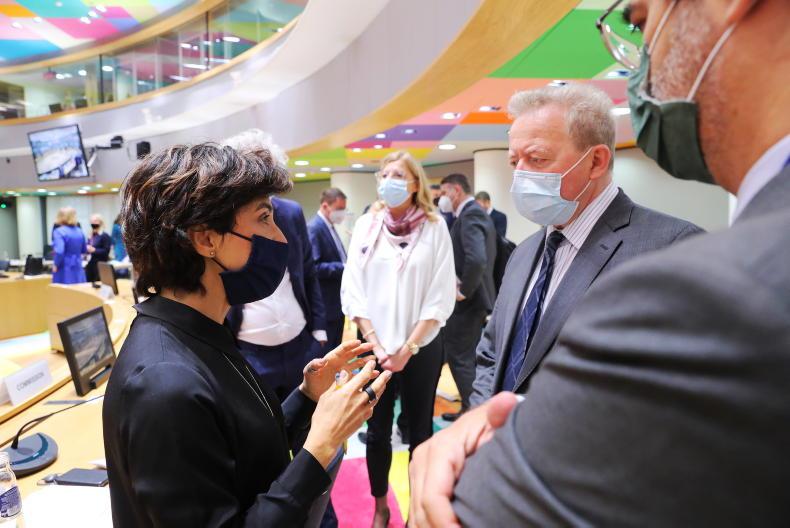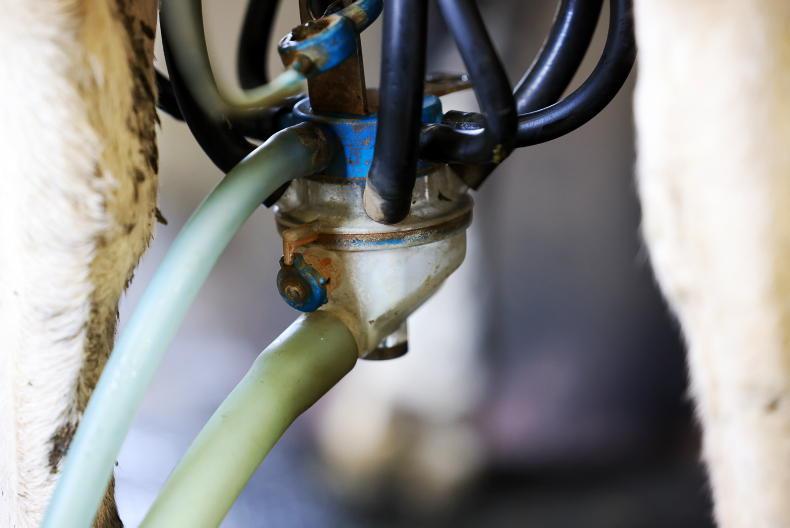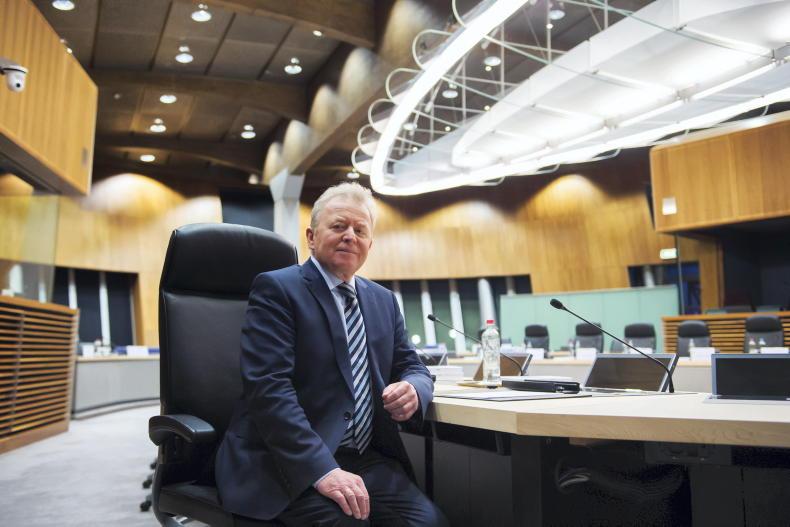The European Commissioner for Agriculture Janusz Wojciechowski is backing proposals to increase the level of funding going towards climate and environmental measures in the next CAP.
Negotiations have been bogged down over disagreements on how much of the budget should be ringfenced for eco schemes since Wednesday evening.
On one side, the European Council of Ministers wants to keep the percentage of direct payments going to eco schemes as close to 20% as possible.
Differences
Ministers fear farmers will not take up eco schemes in sufficient numbers and unspent funds will be lost from national budgets.
On the other, the European Parliament is pushing to have up to 30% ringfenced for these measures. It believes that without a strong eco scheme budget, the CAP will fail to retain public support.
The European Commission acts as a broker between both sides during the trilogue talks, which are continuing throughout Thursday afternoon to try to break the deadlock.
However, Commissioner Wojciechowski, himself a Polish MEP for 12 years, has been urging farm ministers to back a more ambitious position.
Final straits
Speaking to ministers on Thursday morning, the Commissioner said: “We are making an effort, the aim of which is to draw up a CAP reform where farmers will contribute to championing the environment, animal welfare and climate.
“We're coming down the final straits. I know that these are not easy negotiations, because we're dealing with some major challenges, but I am convinced that in the spirit of compromise we will be able to solve the polemic issues that are still pending.”
The Commission originally put forward a compromise proposal that would have seen the budget for eco schemes starting at 22% in 2023 before rising to 30% by 2027.
However, the Portuguese presidency proposed reducing the increase, with eco schemes reaching 25% instead of 30%.
Even the 25% figure was too far for some ministers, including Ireland’s Minister for Agriculture Charlie McConalogue.
Rural development
Commissioner Wojciechowski has also expressed frustrations with the Council’s proposals for rural development spending.
The Commission wanted to see 40% of Pillar II funds set aside for agri-environmental measures. Member states have proposed reducing this to 33%.
The Commissioner pointed out that in the current CAP, 42% of spending is already on these measures, with only six member states below this mark and some as high as 74%.









SHARING OPTIONS